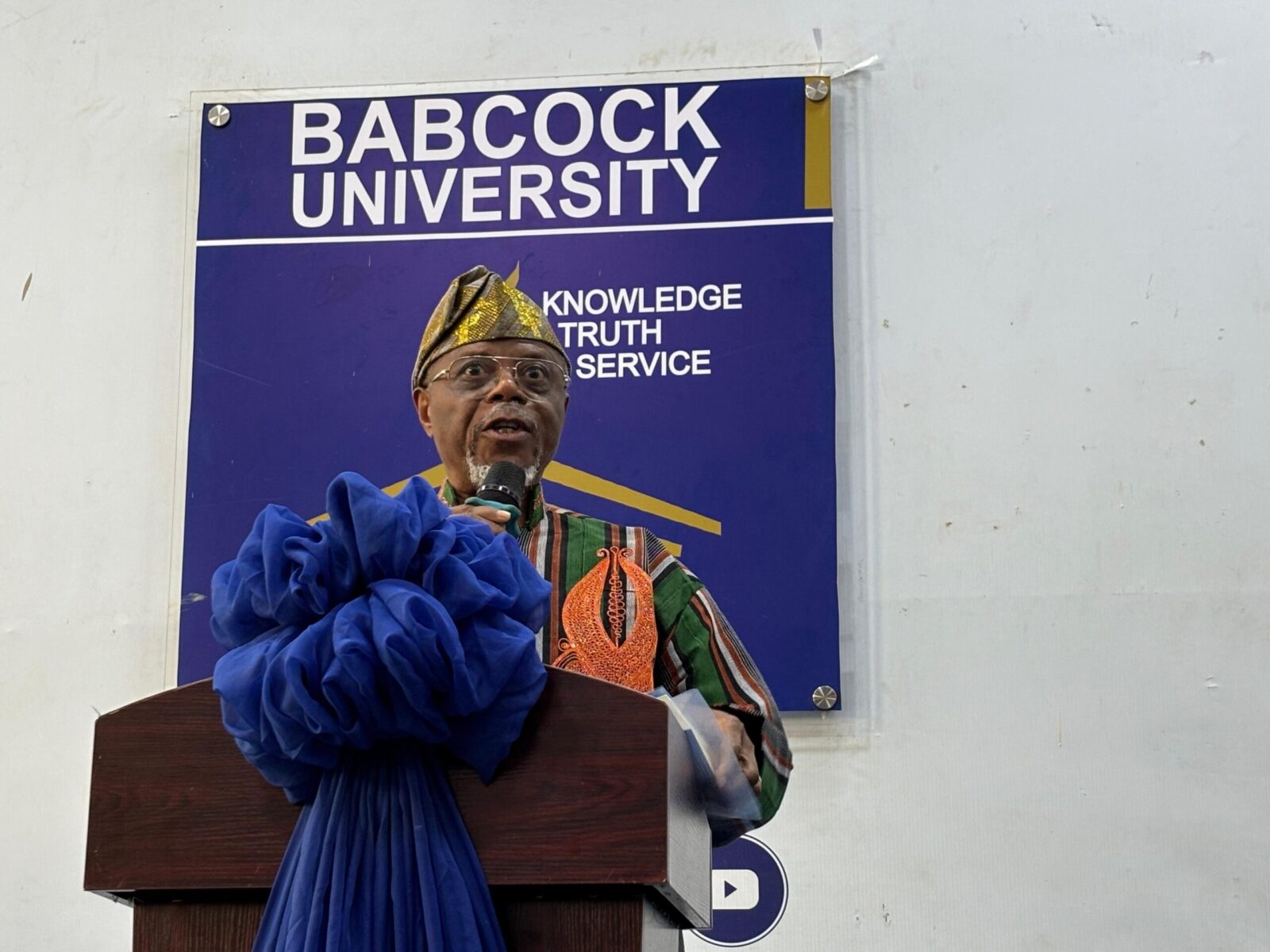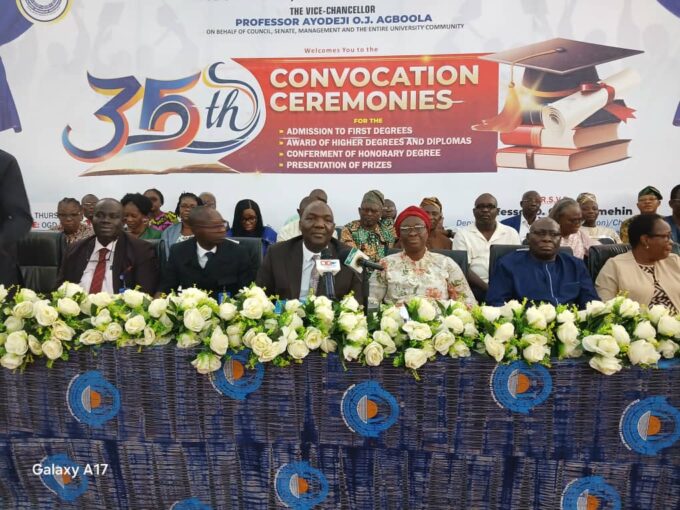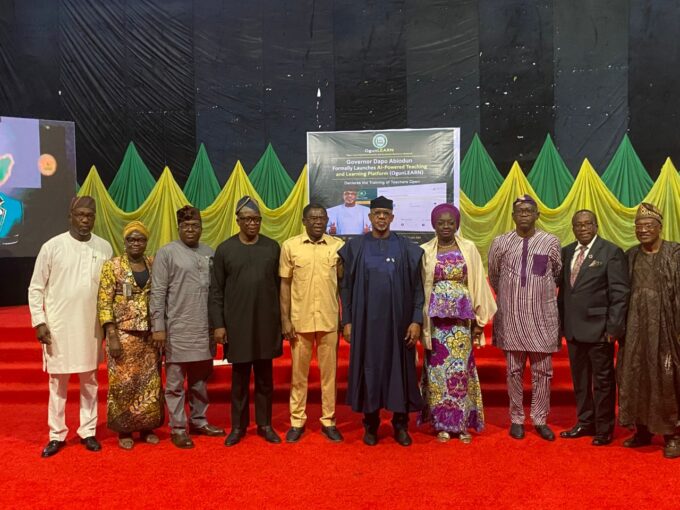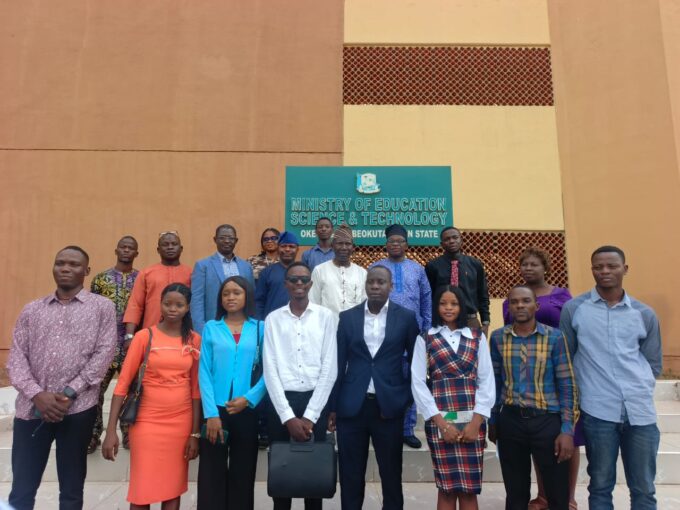Renowned historian and global scholar, Professor Toyin Falola, on Tuesday warned that African universities are facing a “triple challenge” of expansion, relevance and autonomy, urging institutions across the continent to urgently rethink their philosophies, governance systems, and development models or risk becoming globally uncompetitive.
Falola delivered the warning while presenting the Distinguished Lecture in honour of the outgoing President/Vice-Chancellor of Babcock University, Professor Ademola S. Tayo, during an event held at the institution’s amphitheatre in Ilishan-Remo, Ogun State.
The lecture, themed “The Transformation of Babcock,” drew academics, policymakers, administrators and students from across the country.
Falola, who holds the Jacob and Frances Sanger Mossiker Chair in the Humanities at the University of Texas at Austin, said African universities have “far outgrown the colonial models they inherited,” but are yet to sufficiently transform their internal systems to meet the demands of globalization, technology, and rising national expectations.
“The triple challenge of expansion, relevance, and autonomy confronts all African universities,” he said.
“Unless institutions reform their curricula, governance structures and research systems, they will remain dependent and risk diminishing influence in the global knowledge economy.”
He warned that the future of higher education on the continent rests on the ability of universities to produce “authentically African knowledge” rather than remaining “sites of dependency.”
Turning to Babcock University, Falola commended the institution for redefining expectations of private, faith-based universities in Nigeria.
According to him, the university’s achievements have “shattered” the long-held perception that private universities are elitist and offer weak academic training.
“Babcock University’s achievements have brought out the potential of a private university in Nigeria’s higher education system,” he said. “Its record of success proves that values-driven, visionary institutions can deliver world-class training.”
Falola praised Babcock’s emphasis on moral character, community service, and balanced human development—values rooted in its Seventh-day Adventist heritage.
He noted that the university’s community impact initiatives—including environmental sanitation programmes, rural health missions, and literacy projects—have set a standard for universities seeking to integrate academic excellence with social transformation.
Falola said Babcock’s investment in research, entrepreneurial studies and STEM disciplines has significantly contributed to national development, adding that the institution provides a practical model for other faith-based universities aspiring to global competitiveness.
He noted that Babcock is one of the few Nigerian universities with a fully functional teaching hospital (BUTH) and boasts over two decades of uninterrupted academic stability.
“Twenty years after its founding, Babcock University has become an exemplar of transformational higher education in Nigeria,” he said. “Its growth, innovation, and character are redefining what private tertiary education can and should be in Africa.”
He described the institution’s evolution—from a small Adventist college into a national academic powerhouse—as symbolic of Africa’s broader educational renaissance.
As Babcock transitions to a new leadership era, Falola expressed confidence in the incoming Vice-Chancellor, Professor Afolarin Ojewole, saying he is assuming office at a time the university has established itself among the most outstanding faith-based institutions in Nigeria.
“Professor Ojewole is not just assuming the office of Vice-Chancellor; he is leading a university that holds pride of place among the topmost private universities in Nigeria’s higher education landscape,” he said.
Falola said that Babcock’s future success will depend on its ability to blend faith-based identity with global competitiveness while cultivating graduates who are intellectually sound and morally grounded.
Do you want to share a story with us? Do you want to advertise with us? Do you need publicity for a product, service, or event? Contact us on WhatsApp +2348183319097 Email: platformtimes@gmail.com
We are committed to impactful investigative journalism for human interest and social justice. Your donation will help us tell more stories. Kindly donate any amount HERE





















Leave a comment